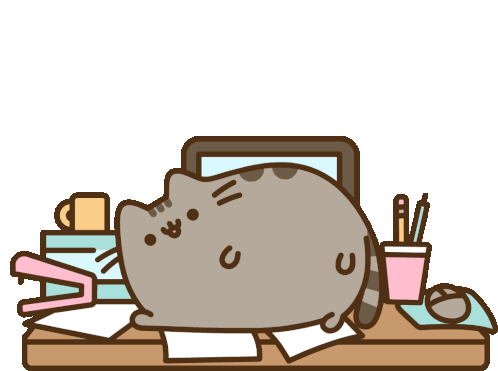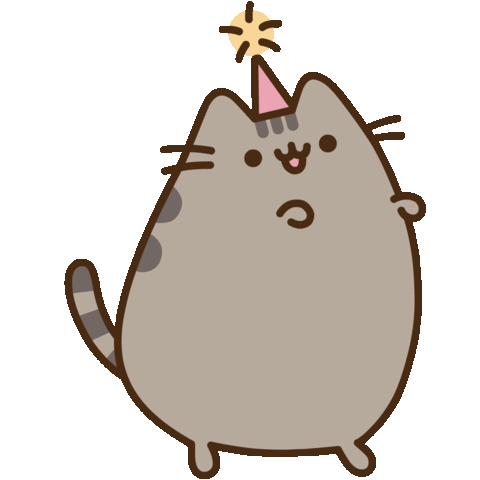

Welcome to a new blog with Valerius King, bartender extraordinaire and member of the Social Media Team! This blog is going to be all about YOU. Well, not personally, but we'll be looking at the million and one ways to develop your character!
Our focus for today is...
Personalities!

Last week, we looked at profile texts, and part of this was all about your character's personality. After writing it, though, I realised that there was a lot more for me to explain about a character's personality that shouldn't be glossed over as an afterthought! So, this edition is all about how to take your character from a 2D description to a 3D, lifelike creation.
Personality is what makes us us. It's your traits which shape you as a person which dictate how you interact with the world around you. It should be no different for your character, who you're trying to create as a complex, lifelike person.
This edition I'm going to go more into personality tests and how to interpret them, but also explain a little bit about why personalities matter so much. As I mentioned, a personality is our traits and experiences which determine why we react to things as we do - for example, a character might tend towards being an 'action-driven' personality, which means that highly theoretical subjects don't interest them as much. Or, they might be a suspicious character, which would make it more challenging to make friends.
Personality is both nature and nurture - we have some traits that are simply us, but a lot we learn from our environments. Ron Weasley, for example, was the second youngest of seven children, so he always felt a need to prove himself and tended towards being loud and forming quick opinions of those around him, else he wouldn't be heard. Hermione Granger was intelligent and bookish but struggled to make friends.
16 Personalities
This is one of my favourite personality tests! It combines the Myers-Briggs Type Indicator (MBTI) with the NERIS Model to give you a letter to describe your Energy, Mind, Nature, Tactics and Identity. Each of the 16 types fall into a general 'Role' - Analysts, Sentinels, Diplomats, and Explorers.
The 16 Personalities test is also helpful in that it highlights strengths, weaknesses, and how your character might act in work, school, and around other people. However, it is slightly limited by the types themselves, which leave gaps!
Learn more about the 16 personality types here:
https://www.16personalities.com/personality-types
Take the test for your character here:
https://www.16personalities.com/free-personality-test
Enneagram
The enneagram type is a slightly more complicated test, but it gives you a really helpful base to work from, giving your character more depth. In contrast to the 16 Personalities test, it offers motivations and fears alongside other information, which can be very helpful for developing a character. After all, what drives us can direct you in topics, homework, and more! Knowing your character strives for new experiences versus striving for perfection might change how they interact with the world around them.
Learn more about the enneagram types here:
https://enneagramuniverse.com/enneagram/learn/enneagram-types/
Take the test for your character here:
https://enneagramuniverse.com/enneagram/test/
There are more personality tests too, such as DISC, standard MBTI, and more! 16 Personalities and Enneagram are good stepping stones for a character in particular, because of the breadth of information they can offer you in developing a character. The input needed for them is quite easy too, whereas DISC tests require a very deep situational understanding of your character already, which isn't so easy when they're 11-years-old and brand new!

Personalities are very helpful to decide how a character might react to something. If you find yourself in a topic where common sense is telling you one thing, but you know it doesn't make sense for your character, then you're doing something right!
It's important to give a character both positive and negative traits to make them come to life. No one is perfect, and characters are no different. We see Ron Weasley being hot-headed and quick to jump to conclusions, but he's still brave and loyal and kind. As well as positive and negative traits, your character might have neutral traits, which could go either way depending on the situation they're in - like being a perfectionist, stubborn, impulsive, or strongly opinionated.
Personality tests can be a helpful baseline to work from, but as your character grows and changes and experiences new things, you shouldn't feel limited by their personality type or test. No one stays the same from when they're 11 to when they're 18! Let them grow and change, and tag along for the journey to see what happens next.

I hope this article helped! If you have any questions about developing your character, there are loads of people to turn to - the best point of call is the Backstory Team, lead by the lovely Theodora Havich.
Give your character a big and bright personality, and have fun writing!


